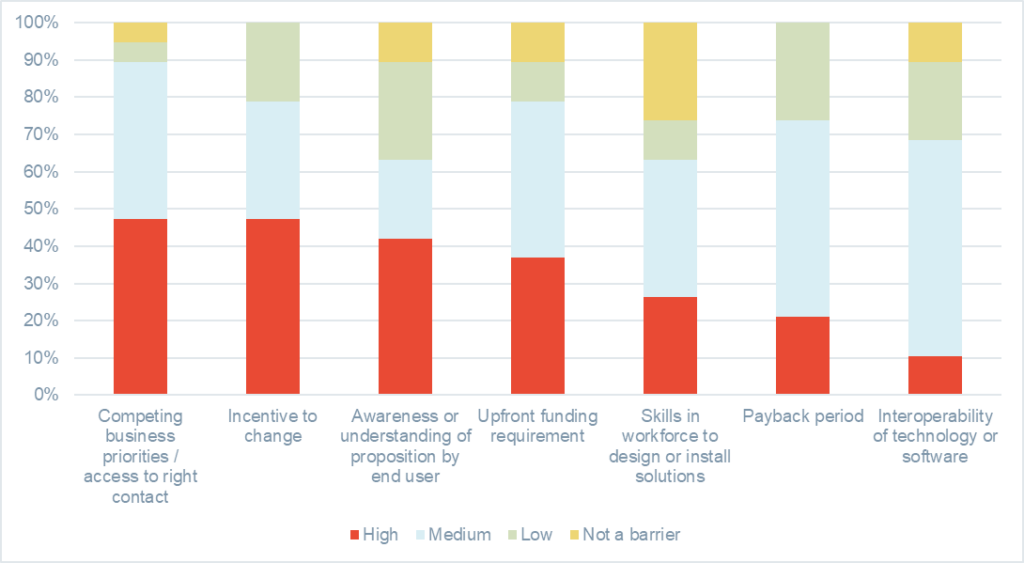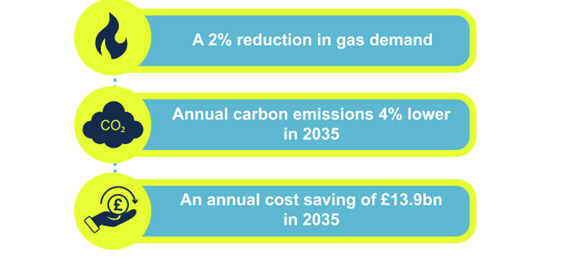Data from Cornwall Insight’s independent research paper, Integrate to Net Zero, has shown that the widespread use of integrated energy solutions could save the UK’s wholesale energy market over £13 billion a year by 2035 – a 25% total cost reduction.
An integrated energy solution constitutes an energy system used by households and businesses in which technologies such as solar panels or battery energy storage systems (BESS) are optimised to cater to various energy requirements. These include onsite energy-generation, electric vehicle (EV) charging and grid balancing.
The research paper, commissioned by the Climate Collaboration Group, showed that integrated energy systems could enable electricity consumption to be shifted according to market conditions.
Combining demand-side response services with integrated energy solutions would lead to a 4% reduction in carbon emissions compared to a non-integrated approach, said Cornwall Insight.
The paper also explored what current barriers stood in the way of offering integrated solutions.
Figure 1: Barriers to offering an integrated solution in the business market – online survey response

A survey, answered by 19 market experts, showed upfront funding to be a key obstacle to offering integrated solutions on a mass scale. This was especially prominent with smaller businesses which are unable to access low-interest loans.
“Meeting the significant challenges required to deliver the net zero transition will require continued innovation and investment. Integrated energy solutions offer an opportunity to reduce costs and carbon by shifting consumption away from peak times,” said Anna Moss, senior consultant at Cornwall Insight.
“Through using smart charging to shift electricity consumption from electric vehicles to non-peak times of day and optimising the use of small-scale renewable technologies and storage systems installed in homes and businesses, we can reduce our reliance on gas to meet peak demand. Delivering increased security of supply, lower costs and lower carbon emissions.
“As with any innovative solution, there will be obstacles to implementation, not least cost, however, there can be significant payoffs. We have a long way to go if integrated energy solutions are to reach a 25% reduction in wholesale costs and 4% lower carbon emissions in 2035. Consumer engagement alongside investment will be crucial to achieving these goals. The aim must be to make the transition to the integration solution as simple and straightforward as possible, removing any potential barriers and leaving it as an easy choice for consumers.”
The research paper’s findings concurs with the trade body Regen’s report for National Grid ESO last year which showed that an integrated energy system could be achieved by 2035 with the required investment.






